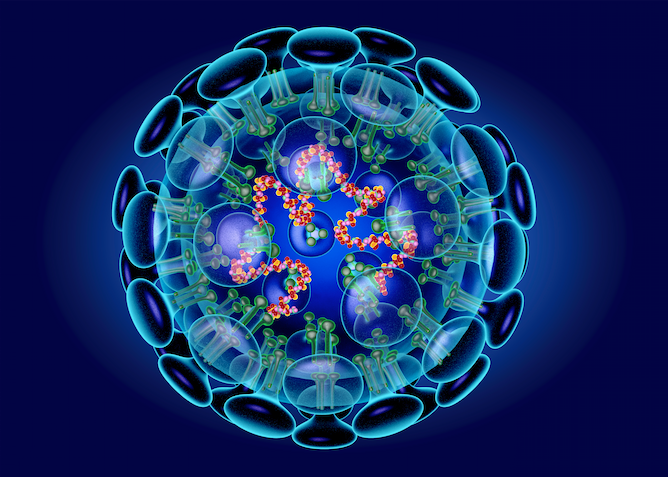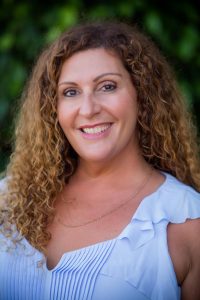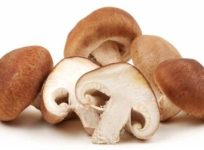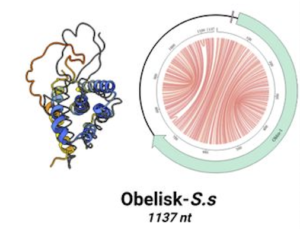
The California Department of Public Health recently authorized licensed naturopathic doctors to become COVID vaccine providers, permitting them to participate in the state’s vaccination efforts if they so choose.
Under the California’s Business and Professions Code, naturopaths may give the COVID vaccines provided they are licensed in the state, and they are doing so at sites supervised by a licensed MD or DO. Participating NDs must sign a written supervision agreement that holds “for the duration of the COVID-19 Emergency.”
As is the case in many parts of the country, vaccine distribution has been highly variable in California. In general, vaccination rates have been higher in the San Francisco Bay area than in greater Los Angeles. In rural agricultural regions, availability has been very spotty.
State public health officials recognize the need to mobilize as many medical volunteers as possible. The California Naturopathic Doctors Association (CNDA), which initiated the move to formally recognize NDs as vaccine givers, says the organization’s request met with little resistance.
“A lot of the (vaccine) sites were asking for licensed medical professionals to volunteer to give the vaccines. And many NDs do a lot of volunteer work. So, it just made sense,” says Aliza Cicerone, ND, president of CNDA, who practices in Solana Beach, CA.
“I look at this as a big win for our profession. It is one step closer to us being recognized as physicians in California, and I think that is important.”
Aliza Cicerone, ND, President, California Naturopathic Doctors Association
California has a number of large-scale drive-up vaccine clinics, including a massive “superstation” at Petco Park—the Padres’ home stadium–in downtown San Diego. Cicerone says vaccine administration at the super site is generally, “a very well-oiled process. The providers come to the cars with rolling laptops, and give the vaccines. It is very well-organized.” The Petco Park site is capable of handling up to 5,000 people per day.
But interruptions in vaccine supply and unusual inclement weather have forced the site to close several times. And staffing this, and other vaccine sites with enough medical volunteers to meet the surging demand is a constant issue.
A Step Toward Parity
Dr. Cicerone says the state’s authorization of NDs as vaccine providers is a small, but significant step toward wider recognition of naturopaths as fully-fledged physicians.
Currently, California NDs in the who’ve graduated from one of the 8 accredited 4-year naturopathic medical schools in North America, and who pass the Naturopathic Physicians Licensing Examinations (NPLEX) , are officially considered to be primary care practitioners, and their services are generally covered by insurance plans in the state.
A number of legislative restrictions limit them from practicing to the full extent of their training.
For example, the state prohibits NDs from prescribing controlled substances, interpreting diagnostic images, doing minor surgeries that require sutures, performing Grade 5 spinal manipulations, or practicing midwifery, though all of these—including pharmacology—are part of naturopathic medical training and part of the profession’s defined scope of practice.
In many ways, the existing rules cast naturopaths more in the role of “mid-level providers” than primary care doctors on par with MDs and DOs. Though the state permits NDs to identify themselves “doctors,” it prohibits them from calling themselves “physicians,” and does not allow them to legally hire or oversee physician assistants, nurses, or other practitioners aside from naturopathic medical assistants.
Scope Modernization
“I look at this as a big win for our profession. It is one step closer to us being recognized as physicians in California, and I think that is important,” Cicerone told Holistic Primary Care. “We’re not ‘mid-levels’ we have more extensive training. We go through a full 4-year post-graduate medical training. Many of us have done residencies. This is commensurate with our level of training.”

In 2016, CNDA promoted a Scope Modernization Bill (SB 538) in the California state assembly, which would have authorized NDs to do minor surgeries, independently prescribe Schedule III and IV controlled substances, and hire and supervise nurses and other mid-level practitioners. In short, the bill would have brought NDs close to parity with primary care MDs and DOs. It missed passage by a very narrow margin.
Cicerone says that the organization was gearing up for another legislative push for parity when COVID hit. When the vaccine distribution began over the winter, and it became clear that California’s programs needed more medical volunteers, CNDA saw an opportunity to step up.
It remains to be seen how many California NDs will actually participate in the state’s vaccine administration programs.
“A lot of the (vaccine) sites were asking for licensed medical professionals to volunteer to give the vaccines. And many NDs do a lot of volunteer work. So, it just made sense.”
Aliza Cicerone, ND, President, California Naturopathic Doctors Association
Varying Views on Vaccines
Attitudes toward vaccines vary widely within the naturopathic community. Many of today’s NDs are in accord with the medical mainstream that vaccines are vital public health tools, especially in a pandemic like COVID. But others are hesitant about vaccines in general, and some are vehemently opposed in principle.

CNDA vice president Stephen Meeneghan, ND, told Holistic Primary Care that most naturopaths—regardless of their specific views on vaccines—tend to focus more on nutritional and botanical approaches to immune system support. The two approaches—stimulation of the immune system with vaccines and supporting immune system function with herbs and targeted nutraceuticals—are not mutually exclusive.
The push to permit NDs to give the COVID vaccines is less about taking a stance on vaccines, per se, and more about broadening the spectrum of modalities permissible for NDs and available to their patients.
Meeneghan says it is similar to the situation with pharmaceuticals. NDs learn basic pharmacology in medical school, and the defined scope of naturopathic practice does include prescribing of some drugs though most states do not grant NDs independent prescribing rights. While most NDs tend not to rely heavily on prescription drugs, some do recommend them, and judicious use of drugs is within the principles and precepts of naturopathy.
In the case of the vaccine programs, individual practitioners are still free to choose whether to participate—or not—depending on their own experience and perspectives. The new authorization simply gives them the option, should they choose to take it.
END







